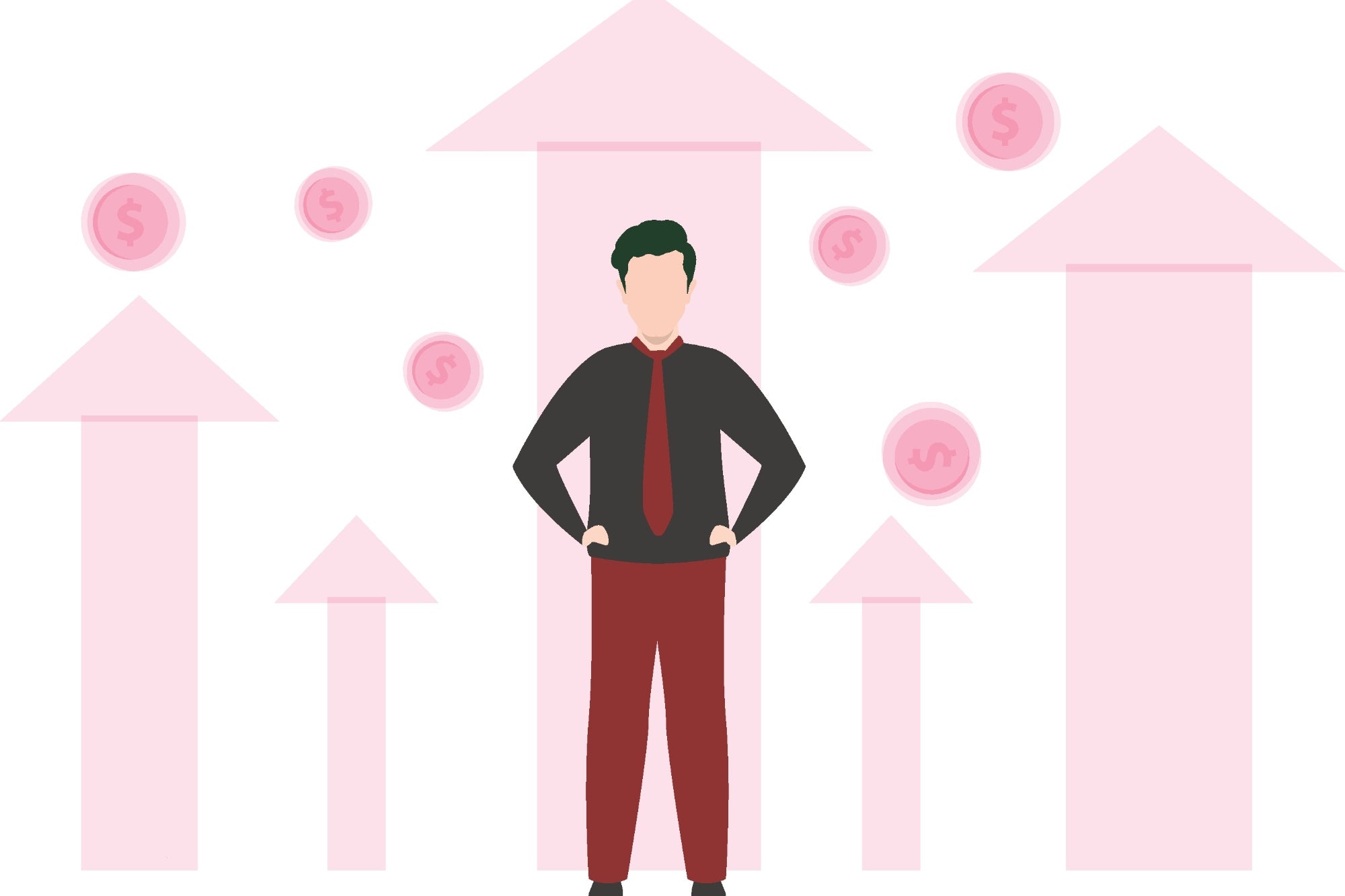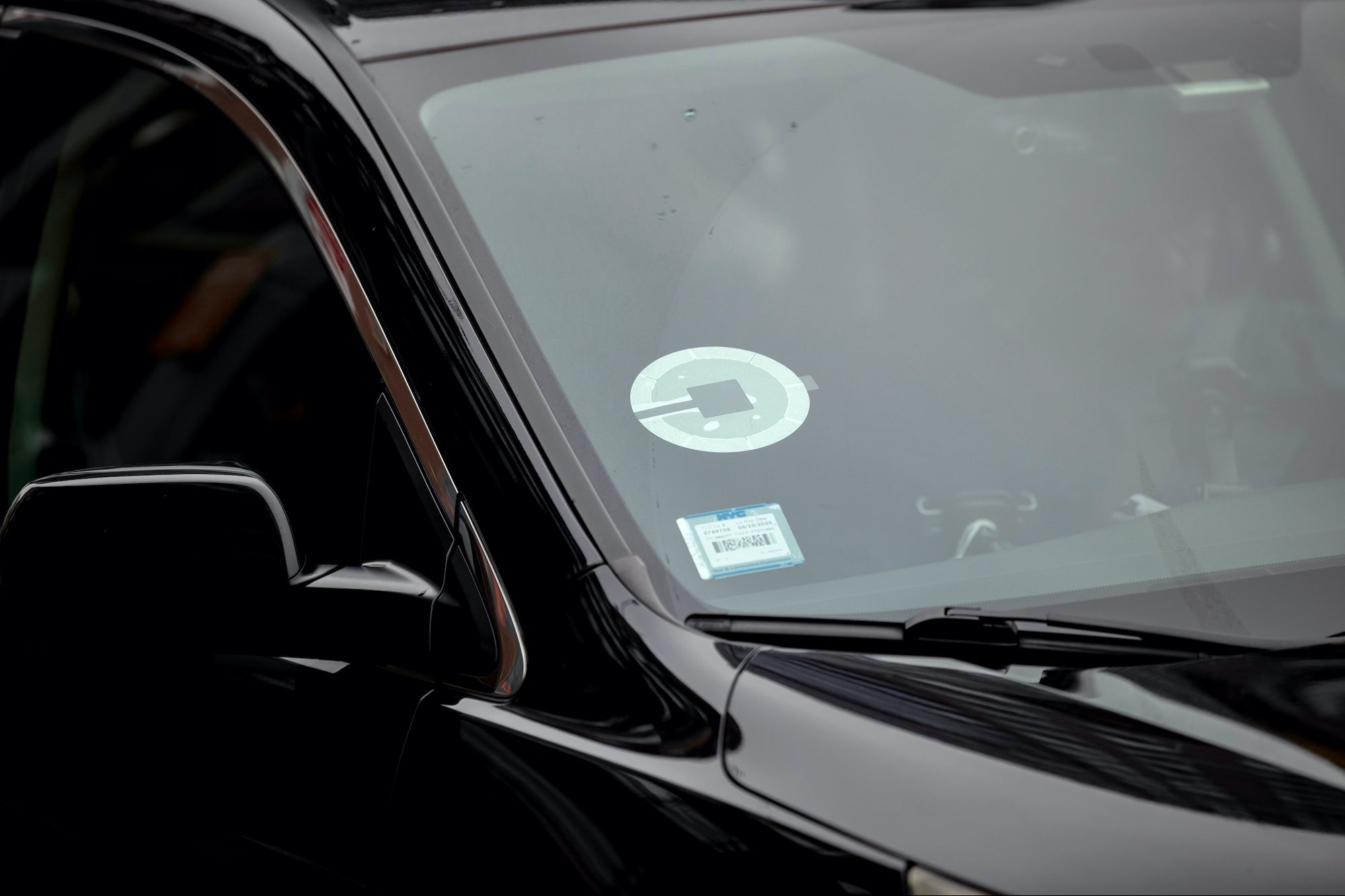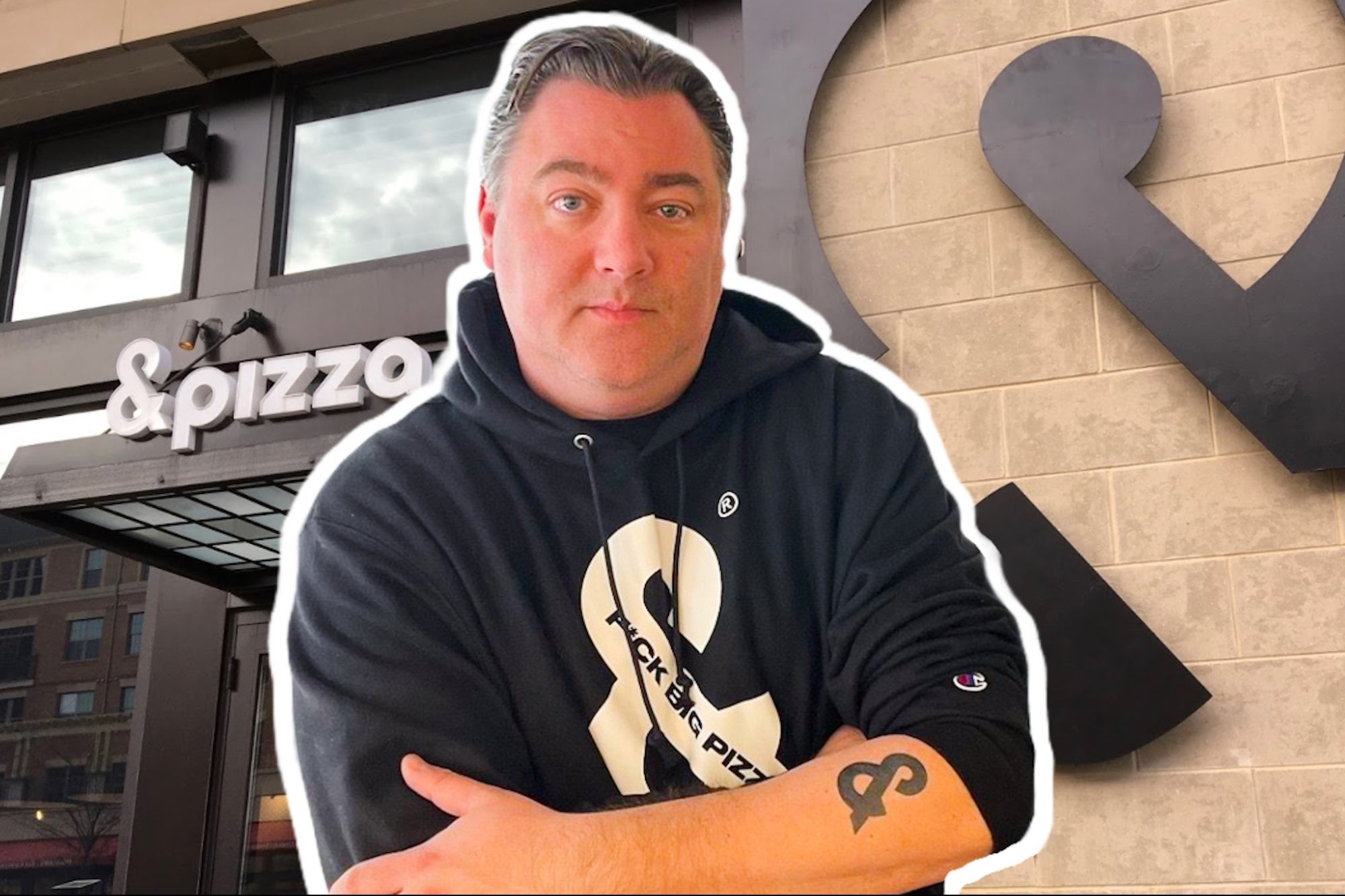Opinions expressed by Entrepreneur contributors are their own.
If you spend five minutes on LinkedIn or Instagram, you’d think being a high-growth entrepreneur is nothing but private jets, roundtables at Davos and “crushing it.” I should know. I’ve built multiple businesses, advised countless founders and worked in industries where appearances are currency.
Yet the truth is far messier, and far more valuable, than the highlight reel we’re often shown.
As the founder of Digital24, where we help entrepreneurs and businesses shape their online presence and reputation, I’ve navigated the highs and lows of fast-scaling ventures across digital PR, brand building and luxury services. Over the years, I’ve learned there are crucial realities that rarely make it into glossy articles or podcasts. Here are five things people don’t tell you about being a high-growth entrepreneur, and why knowing them might save your sanity, your business and perhaps your health.
Related: Rapid Business Expansion Can Be a Good Thing — But It Comes With Challenges. Here’s How to Make This Growth Sustainable.
1. Growth magnifies every flaw
In the early days, you can skate by on hustle and charm. But as your business scales, tiny cracks in your processes, team culture or product become glaring fault lines. Growth doesn’t just amplify revenue. It amplifies everything, good and bad.
“Growing fast is like turning up the volume on your business. If the music is beautiful, it’s incredible. But if there’s static in the system, it’s suddenly deafening.” — Steve Laidlaw
At Digital24, I’ve worked with companies where a lack of clear communication or weak middle management didn’t seem critical at 10 people but became existential threats at 50.
One of the biggest myths in entrepreneurship is that growth automatically fixes problems. It doesn’t. It exposes them. If you’re planning for fast growth, spend as much time strengthening your foundations as you do chasing new customers.
2. You’ll outgrow relationships, and that’s painful
No one talks about the emotional casualties of scaling a business. As you evolve, some friendships, partnerships or early team dynamics won’t survive the journey.
“Entrepreneurship is personal growth on steroids. And sometimes the people who helped you start can’t help you scale.” — Steve Laidlaw
Early hires might be incredible generalists, but eventually you’ll need specialists who’ve seen the scale you’re chasing. Trusted suppliers may not be able to keep up with rising standards or volumes. Even friendships outside your business can feel strained if people don’t understand the pressures you’re under.
That’s not arrogance; it’s reality. Your orbit will change as your business does. A high-growth founder’s journey often feels lonely precisely because it requires constant adaptation.
3. Cash flow stress doesn’t disappear with bigger numbers
I’ve seen founders assume that once they hit, say, £5 million or £10 million in revenue, the sleepless nights will vanish. Here’s the reality: Bigger numbers often come with bigger risks.
“The zeros change. The anxiety often doesn’t.” — Steve Laidlaw
You’ll have larger payrolls, bigger contracts and more complex cash flow timing. One delayed payment from a major client can ripple through your entire operation. And in high-growth businesses, you’re usually reinvesting profits into further growth, marketing, talent and product development, which means your bank account rarely feels as comfortable as outsiders assume.
At Digital24, we’ve seen how rapid expansion can strain even the healthiest businesses. If you’re scaling fast, prepare for a balancing act between aggressive growth and cash preservation. It’s an invisible tightrope that few outsiders appreciate.
Related: The Inevitable Challenges You’ll Face as Your Business Grows — and How to Handle Them
4. Visibility is a double-edged sword
Everyone wants publicity, right? Coverage in high-profile publications, podcasts and speaking gigs. It all sounds great. And it is, until it’s not.
In a high-growth business, visibility brings opportunities and scrutiny. As your profile rises, your reputation becomes both your strongest asset and your biggest vulnerability.
“When you’re invisible, mistakes stay private. When you’re visible, mistakes become headlines.” — Steve Laidlaw
We often work with founders whose social media posts, once casual, suddenly triggered PR crises because they were now seen as brand representatives. Media attention is powerful for fundraising, recruiting and credibility, but it requires discipline. Every word you say, every online footprint, every casual comment carries weight.
High-growth founders need to think like public figures long before they feel like one. That means professionalizing your personal brand, monitoring your digital presence and sometimes learning to say less.
5. Success brings an identity crisis
Here’s the strangest secret of all: Achieving your growth goals can leave you feeling lost.
Entrepreneurs are builders by nature. The adrenaline of problem solving, pivoting and creating is addictive. But high growth eventually demands a shift from scrappy founder to structured CEO, and not everyone wants that role.
“There’s a moment every founder faces where you realize the job you’ve built for yourself isn’t the one you want anymore.” — Steve Laidlaw
Some entrepreneurs thrive as visionaries but struggle with the operational discipline required to scale. Others miss the personal connections with customers that get diluted in a bigger company. I’ve seen founders sell businesses not for the money, but to escape the role their own success trapped them in.
If you’re pursuing rapid growth, check in with yourself regularly. What do you actually want your day-to-day life to look like? The cost of ignoring that question is burnout, or worse, building a business you no longer love.
Related: The Truth About Achieving Exponential Growth in Business, Exposed
My hard-earned conclusion
Being a high-growth entrepreneur is extraordinary. It’s a privilege to create jobs, build products and chase your vision. But it’s not the fantasy often portrayed in social media highlight reels.
If I could give one piece of advice to any ambitious founder, it would be this:
“Treat your business like a machine and your reputation like an asset. But treat yourself like a human being.” — Steve Laidlaw
Growth is thrilling. But it’s also relentless, exposing every weakness and forcing you to evolve constantly. Knowing the hidden realities doesn’t make the journey less exciting. It makes it survivable, sustainable and ultimately more rewarding.
So here’s to the founders building high-growth companies. May you grow wisely, and may you always remember there’s a real human behind the brand.
Join top CEOs, founders and operators at the Level Up conference to unlock strategies for scaling your business, boosting revenue and building sustainable success.
If you spend five minutes on LinkedIn or Instagram, you’d think being a high-growth entrepreneur is nothing but private jets, roundtables at Davos and “crushing it.” I should know. I’ve built multiple businesses, advised countless founders and worked in industries where appearances are currency.
Yet the truth is far messier, and far more valuable, than the highlight reel we’re often shown.
As the founder of Digital24, where we help entrepreneurs and businesses shape their online presence and reputation, I’ve navigated the highs and lows of fast-scaling ventures across digital PR, brand building and luxury services. Over the years, I’ve learned there are crucial realities that rarely make it into glossy articles or podcasts. Here are five things people don’t tell you about being a high-growth entrepreneur, and why knowing them might save your sanity, your business and perhaps your health.
The rest of this article is locked.
Join Entrepreneur+ today for access.








